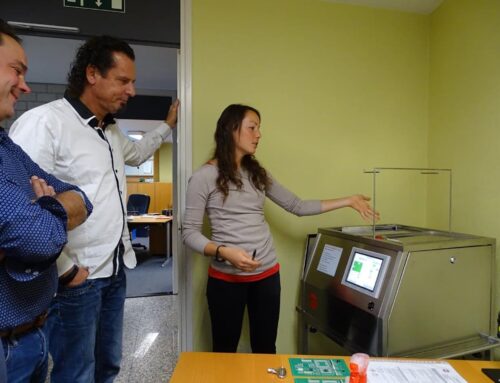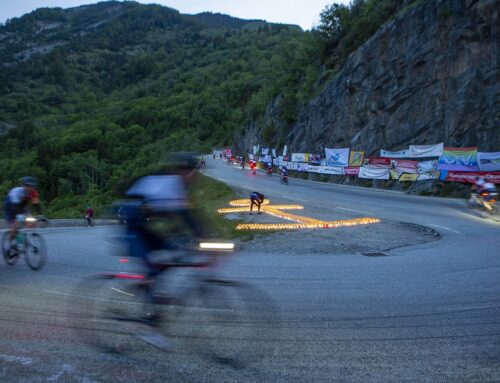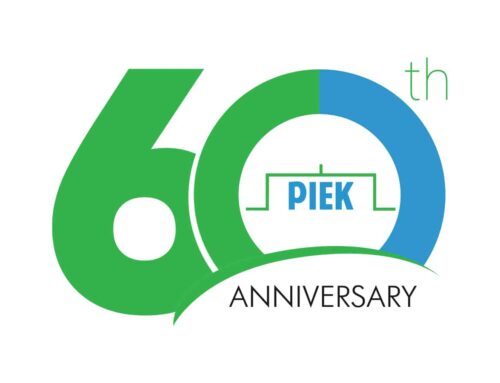Companies from the technical interconnect industry are increasingly finding their way to research universities and universities of applied sciences to work on the innovation of products and services together with teachers and students. They are doing so in a wide range of fields. A good relationship with universities also allows companies from the technical interconnect industry to have access to new high-quality recruits. After all, they already get to know the students while cooperating on innovation projects.
Examples of company-university cooperation can easily be found all over Europe. There is for example FIR, an RWTH Aachen spinoff, which is a hotspot for industry-university cooperation. Thanks to an accelerated procedure research projects can go from start to result in a turnaround time of just four to eight weeks. At Zuyd University lectors, teachers and students are continuously active in various research projects commissioned by industry. A Zuyd University team won first prize in the RAAK Awards programme for applied research. It developed a method to create tailor-made prosthetics with a 3D printer, and the researchers of the Windows for the Future project got the public award for designing better insulated windows that the building sector is craving for.
Maastricht University is developing calculation methods to integrate multi-scale and FAIR – Findable, Accessible, Interoperable, Reusable – data for innovative applications in the field of new medication and precision medicine. Hasselt University also has various research centres that work together with industry to innovate products and services, such as the Expertise centre PXL Log-IC (Logistics Intelligence Centre), which helps companies to improve their internal and external logistical flow. Designing logistical processes in a smart and efficient way is a major building block in the innovation process of an organisation.
Aachen-based RWTH has a long tradition in the field of cooperation with industrial partners. It has set up a special department to first chart the problem of the interested party and then to match the RWHT professors and students to this. In this way innovative solutions for the organisation in question are searched for in the short term.
PIEK also works closely with educational institutions in the Meuse-Rhine Euregion. Every year PIEK provides internships from secondary vocational level to graduate university level. Apart from this, students and teachers regularly drop by to see the latest developments in the electronic interconnect industry. Finally, PIEK frequently has vacancies that can be filled with graduates from the educational institutions in the region.










